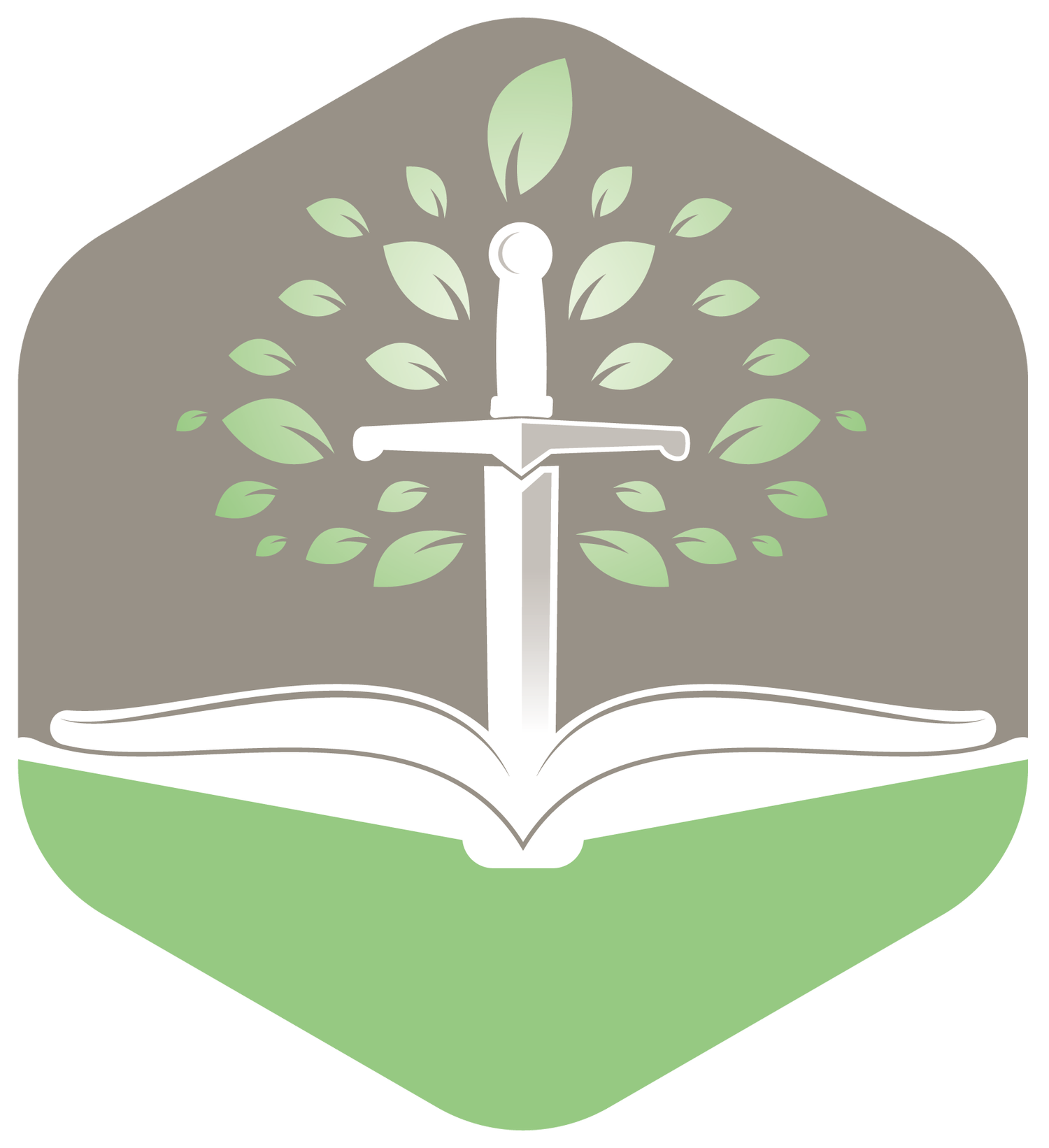So last year I put together a pretty hefty reading list as a personal goal. Some of the books were quite large, others not so much, but I knew it was going to be a challenge. Preaching every week, teaching three bible studies, and being the family school bus limits my time to read for personal advancement. Nonetheless, I was able to scratch off nine books from my list. Now that is not the only books I read last year. There were several books, not on my list, that I felt compelled to read for sermon preparation. So I carried over about half the list from last year and added some new books. Lets see how I do this year. I encourage you to join me in putting together your own personal list.
My Reading Wish List for 2016
Theology
Classical Arminianism, by F. LeRoy Forlines
Biblical Theology, Geerhardus Vos.
A Biblical Theology of the New Testament, by G. K. Beale
Salvation and Sovereignty: A Molinist Approach, by Kenneth Keathley
A New Heaven and a New Earth: Reclaiming Biblical Eschatology, by J. Richard Middleton
The Drama of Doctrine, by Kevin J. Vanhoozer
These Last Days: A Christian View of History, Eds. Richard D. Phillips & Gabriel Fluhrer.
Old & New Testament Studies
Jesus and the Eyewitnesses: The Gospels as Eyewitness Testimony, by Richard Bauckham
The Resurrection of Jesus: A New Historiographical Approach, by Michael R. Licona
True Sexual Morality: Recovering Biblical Standards for a Culture in Crisis, Daniel R. Heimbach
The End of the Law: Mosaic Covenant in Paulin Theology, by Jason C. Meyer
The Law and Its Fulfillment: A Pauline Theology of Law, by Thomas R. Schreiner
God, Revelation, and Authority, 6 Vol., by Carl Henry.
Practical & Apologetic Studies
Lost and Found: the Younger Unchurched and the Churches that Reach Them, Ed Stetzer
Subversive Kingdom: Living as Agents of Gospel Transformation, Ed Stetzer
In Defense of the Bible, by Steven Cowan and Terry Wilder
Worldview: The History of a Concept, by David Naugle
How Do You Know You are Not Wrong? By Paul Copan.
You will notice in this list a broad range of authors that span the spectrum from Arminian to Calvinist, Premillennial to Amillennial, Conservative and Moderate. I think it is important for a minister to read from a broad range of perspectives in order to be the most effective Pastor and Preacher that one can be. With so many educated people in our society and numerous voices both theistic and atheistic, pastors cannot neglect their continuing education.
